IMDEA Networks

Archives: Events
IMDEA Networks Inaugural Stakeholder Event
On June 26th IMDEA Networks met with leading industry representatives, whose companies have been invited to provide representatives to its Board of Trustees, as well as other key stakeholders in the new international research institute.
Read more arrow_right_altIMDEA Networks Board of Trustees
Meeting: IMDEA Networks Board of Trustees
Read more arrow_right_altNetwork Optimisation
This course is focused on the optimization problems that arise in network communications design and planning. First the mathematical techniques involved in constrained optimization are introduced. Then, a taxonomy of network planning problems is reviewed. Representative examples are provided and modeled as constrained optimization problems. After that, algorithm and problem complexity classification is introduced, next to an evaluation of complexity issues in constrained optimization problems. Finally, a section introducing graph theory as a feasible approach for network optimization is included.
Read more arrow_right_altIX Feria Madrid es Ciencia
La Feria Madrid por la Ciencia (The Forum for Science) is a key part of the Programa de Ciencia y Sociedad (Science and Society Program) that the Regional Government of Madrid launched in 2000, through the Dirección General de Universidades e Investigación (Directorate-General of Universities and Research). This Program seeks not only to promote dialogue between citizens and scientists, but also to increase the public’s participation in science.
Read more arrow_right_altOpen house: Informal reception at IMDEA Networks’ newly refurbished offices
Information reception to be held at IMDEA Networks’ newly refurbished offices to which all other building dwellers are invited, together with the University Carlos III of Madrid authorities, and NETCOM Research Group members from its Telematics Department, in order to celebrate the completion of the renovation work done in Avenida del Mar Mediterráneo, 22. This is event is prior to the Inauguration Event to be held in the summer.
Read more arrow_right_altEndless Arguments in Systems Design, or, has the GENI lost its bottle?
In work at Washington St Louis and Stanford on network virtualization a lot of the research is predicated on lots of fancy hardware for forwarding (viz NetFPGA) (a recent SIGCOMM reject by UCL/Lancaster people on this got multiple GigEs at line rate fairly nicely - a good solid piece of work on mid-range affordable virtualized routers) – but that is virtualized _forwarding_ - the real control plane is the routing protocols- if you want to virtualize that, its because you want multiple co-existing routing computations (possibly for isolated VPNs, or possible for services for different users or for robustness to attack etc etc etc) so then what you want is META routing.
Read more arrow_right_altThe Role of Europe in Internet Governance, madri+d Forum on Communication Technologies (2008 Forums on Science and Technology)
The madri+d Forum on Communications Technologies is hosted by University Carlos III of Madrid (UC3M) on its Leganes Campus. The conference, "The Role of Europe in Internet Governance", will begin with a presentation on the international research institute, IMDEA Networks, by its Director, Dr. Arturo Azcorra, and will be followed by a speech by Professor Jon Crowcroft, Marconi Professor in Networked Systems at the University of Cambridge.
Read more arrow_right_altIMDEA Networks and The Future Wireless Internet, Semana de la Ciencia 2008
Download the Programme of activities organized by IMDEA Networks in collaboration with the Higher Polytechnic School of University Carlos III of Madrid in English ( ; 95 KB) & Spanish (
; 95 KB) & Spanish ( ; 38 KB).
; 38 KB).
Michal Kryczka’s presentation ( ; 867 KB)
; 867 KB)
Download Póster: Semana de la Ciencia ( ; 2,4 MB)
; 2,4 MB)
IMDEA Networks Scientific Council
Attendance restricted to members only
The meeting will be conducted in English
Read more arrow_right_altTechnique for Indoor Position Location of Wireless LAN Clients
If you would like more information about James Aweya, please visit his homepage.
Read more arrow_right_alt

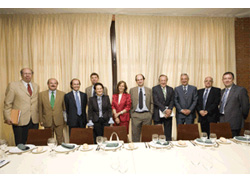
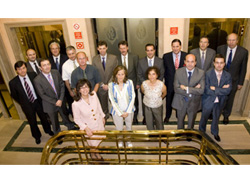


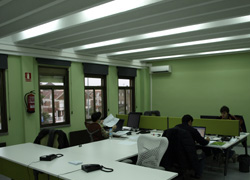

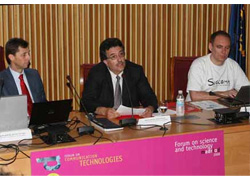

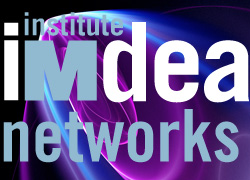
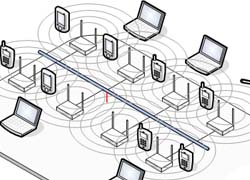
Recent Comments